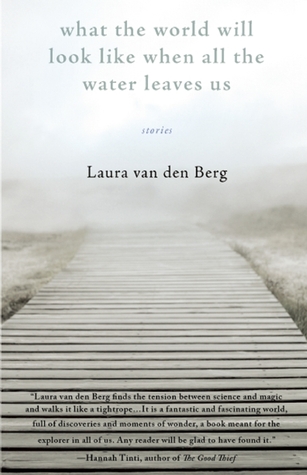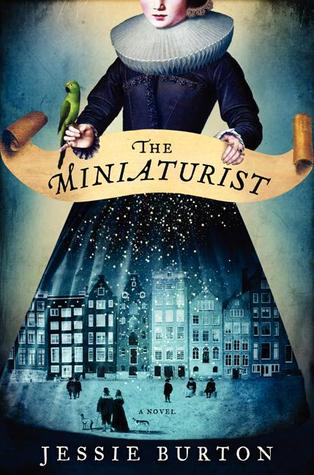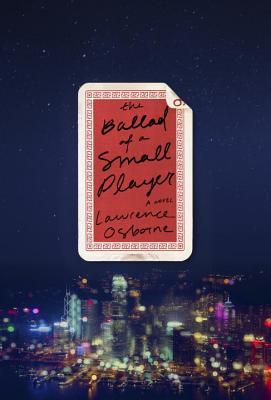When viewed through a gambler’s lens, Macau can be just a blur — the nights all melting into one another, awash in one big win or loss. “Lord” Doyle is well familiar with this picture. An embezzler to the core, he is hiding in the Chinese territory gambling away the vast sum of money he swindled from a retiree back in England. Doyle might be an unlikeable protagonist but Ballad manages to score big. This is a beautiful and haunting novel exploring the devastation of gambling addiction and life’s complex moralities, all while set in gorgeous Macau. A sure bet.
Longer Review
When viewed through a gambler’s lens, Macau can be just a blur — the nights all melting into one another, awash in one big win or loss. “Lord” Doyle is well familiar with this picture. An embezzler to the core, he is hiding in the Chinese territory gambling away the vast sum of money he swindled from a retiree back in England.
While it is usually difficult to fall in love with a novel with an unlikeable protagonist, The Ballad of a Small Player scores big by casting Doyle not just as scum but as someone often misguided, a victim of the devastating addiction he is so deeply mired in. One can’t help but gasp at the size of his bets and wild spending sprees. It’s a picture of self-destruction that is mesmerizing to watch unfold.
The rain-soaked, lush, green countryside of Macau stands in gorgeous contrast to the sterile yet appealing casinos inside, replicating Egyptian, Roman or English decor at will. The book is worth the read just for this travelogue alone.
In the end, Small Player rises to be about much more — it’s a pithy exploration of the gambling circuit, the lowlies who get by on borrowed money and time; the prostitutes who work these casinos, feeding on scum; and the tragic outcome for many who are mired in the morass. While Osborne wore his morals heavily on his sleeve in The Forgiven, Ballad is a much more subtle analysis of virtue and vice, of sinking so low you can’t even recognize a lifeline when you’re dealt one. A+
Thank you to Blogging for Books for a copy of the book.



